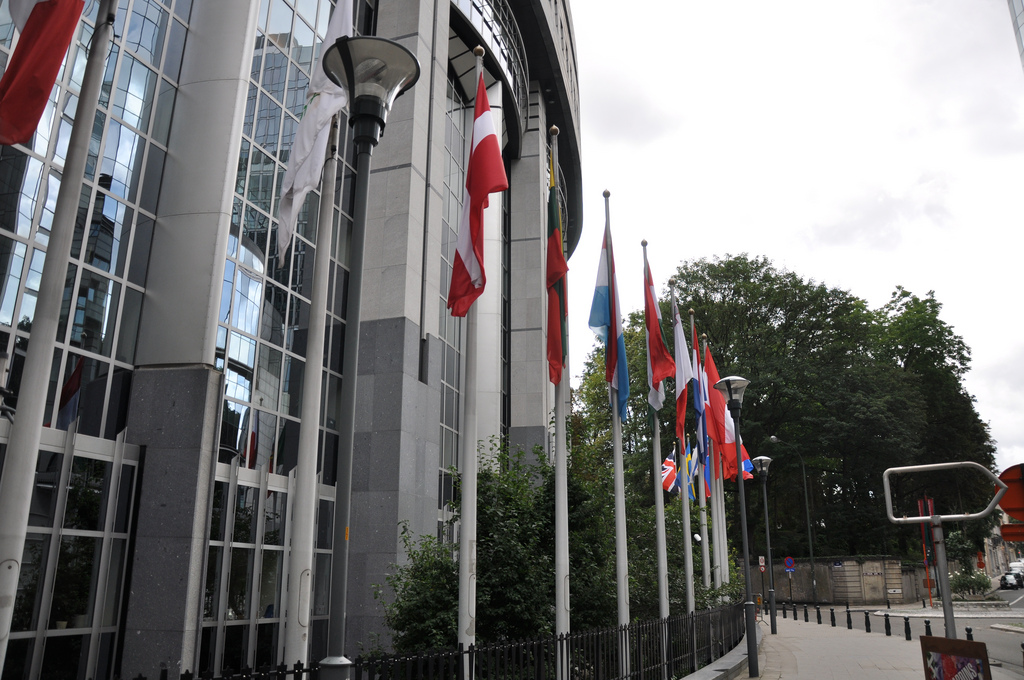EGEC recommendations on how to finance geothermal development
In a newly released policy paper, the European Geothermal Energy Council (EGEC) sets out how to finance Geothermal Energy with innovative financial tools and smart support schemes in Europe.
Yesterday, the European Geothermal Energy Council (EGEC) released a Policy Paper “Financing Geothermal Energy” with key recommendations for policy-makers, within the framework of the current debate on financing renewable energy.
The enormous long-term potential and full benefits, including in terms of competitiveness of geothermal energy will be realised with innovative financial tools and smart and temporary support schemes.
Geothermal energy will play a key role in the future European energy mix as it provides renewable base-load and flexible electricity and continuous heat/cold production everywhere. From a system-approach perspective it can therefore genuinely increase the sustainability, affordability as well as security of energy supply at regional, national and European level.
In view of the forthcoming European Commission’s guidance on best practices and experience gained on support schemes and of the European Investment Bank’s screening and assessment criteria for Energy Projects, EGEC considers that:
- Support schemes are crucial tools of public policy for geothermal to compensate for market failures and to allow the technology to progress along its learning curve. By definition, they are temporary and shall be phased out as this technology reaches full competitiveness;
- Market failures and unfair competition prevent full competition in the electricity and heat markets, while the current capital crunch obstructs the necessary private financing mobilisation to realise the enormous geothermal potential;
- Geothermal technologies hold significant potential for cost reduction. This policy paper details specific aspects and recommendations on how to reduce costs;
- Innovative financing mechanisms should be adapted to the specificities of geothermal technologies and according to the level of maturity of markets and technologies;
- A European Geothermal Risk Insurance Fund (EGRIF) is an appealing public support measure for overcoming the geological risk. As costs decrease and markets develop, the private sector will be able to manage project risks with, for example, private insurance schemes, and attract private funding;
- Whilst designing a support scheme, policy-makers should take a holistic approach, which goes beyond the LCoE and includes system costs and all externalities. As an alternative, there is the chance to offer a bonus to geothermal for the benefits it provide to the overall electricity system: flexibility and base-load;
- Geothermal heat technologies are heading for competitiveness, but support is still needed in certain cases, notably in emerging markets and where a level-playing field does not exist. In addition, there is a need for an in-depth analysis of the heat sector, including about the best practises to promote geothermal heat, the synergies between energy efficiency and renewable heating and cooling, and barriers to competition.
- Given the level of maturity of innovative geothermal technologies and the negligible support received so far, it seems premature to talk about the need for more market-based mechanisms or even phase-out financial support for geothermal.
The EGEC Policy Paper “Financing Geothermal Energy” is available here.
Source: EGEC release


















